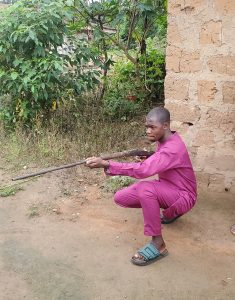Across many parts of Africa, especially in rural communities and among traditional hunters, bulletproof charms (locally known by different names such as ‘egbe’, ‘odeshi’, or ‘ayeta’) are believed to offer supernatural protection against bullets and other forms of harm. These charms are often prepared by traditional healers using herbs, rituals, and spiritual invocations.

But while the belief in their power runs deep, recent events have raised serious concerns.
The problem isn’t the belief, it’s the testing.
Time and again, we’ve heard tragic stories of individuals who, in a bid to prove the effectiveness of these charms, willingly ask to be shot. Unfortunately, many of those tests have ended in death. Instead of being a tool of precaution, the charm becomes a deadly gamble.
Read Also: National Park Service Headquarters, Abuja, All You Need to Know before Visit
The truth is, even among those who deeply believe in its powers, a bulletproof charm should be treated as a last resort, not a test of bravery. Its role, if believed in, is to offer spiritual cover in unexpected dangers, not to invite harm or show off in front of others.
Traditional hunters and spiritual practitioners must do more to discourage testing. Communities need to talk about the dangers of “proof-seeking,” and remind themselves that a charm is not a license to take risks with life.
Belief is personal. But safety must be communal. If these charms are to be used at all, let them be worn as a precaution and not a performance.




